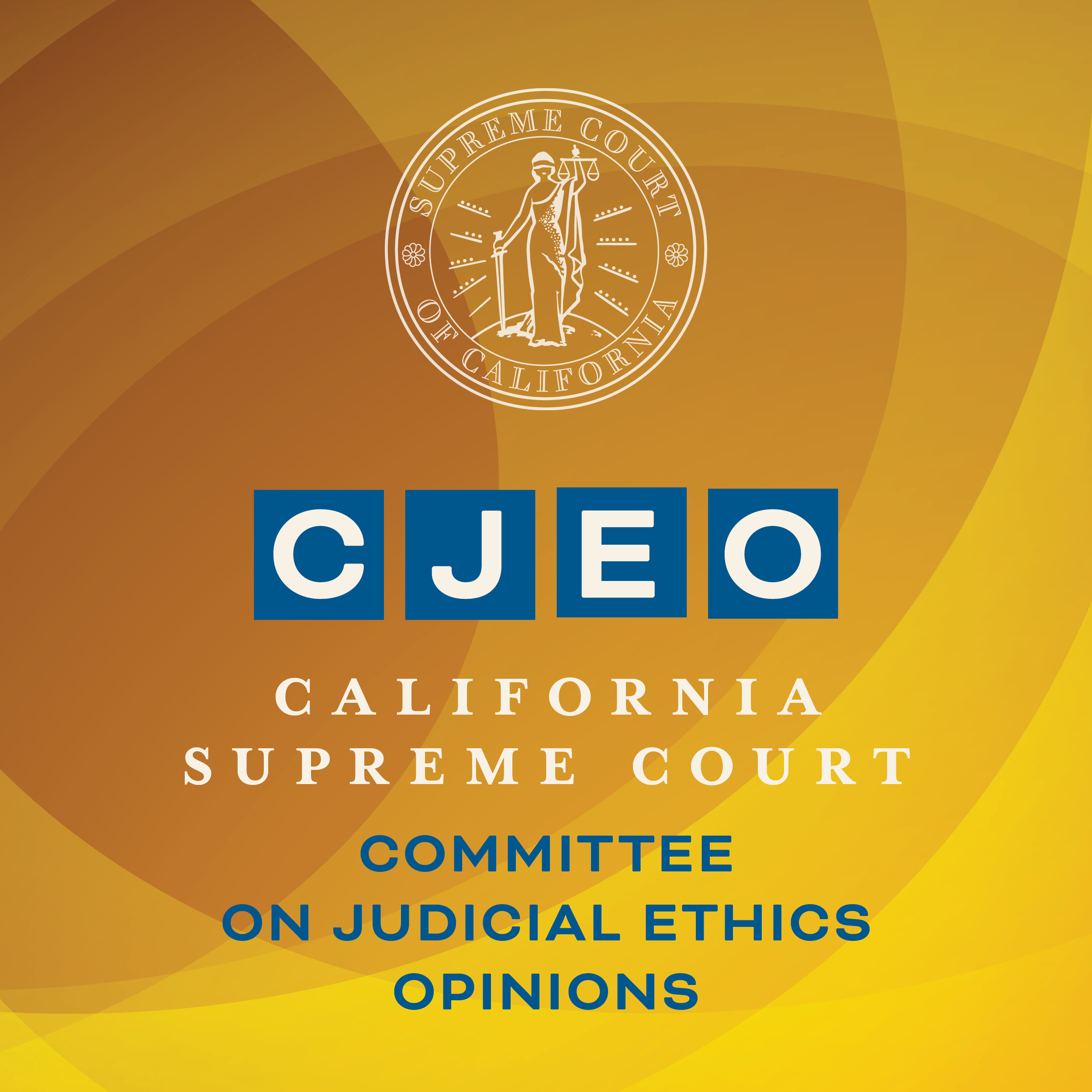California Ethics Committee Issues Opinion on Disqualification and Disclosure Requirements under the Racial Justice Act
A California judicial ethics committee on Tuesday issued a formal opinion addressing whether a judge who formerly served as a prosecutor must disqualify from a case involving a discovery motion under the Racial Justice Act
The guidance was issued by the California Supreme Court Committee on Judicial Ethics Opinions (CJEO)—a body which is appointed and authorized by, but works independently of, the California Supreme Court.
In CJEO Formal Opinion 2025-028, the committee advised that a judge is not automatically required to recuse themselves simply because, as a former district attorney, they handled cases that may be subject to discovery under a Racial Justice Act motion.
However, disqualification is required where the judge participated in the prosecution of the current case or a prior case against the defendant, or where circumstances raise reasonable doubt about the judge’s impartiality.
When a judge decides not to disqualify from a case, they must disclose on the record any facts reasonably relevant to the determination of disqualification. This includes any facts the judge considered when deciding not to disqualify.
CJEO issued the opinion after circulating a draft opinion for public comment in May.
“This opinion provides timely and practical guidance for judges navigating the complexities of Racial Justice Act claims,” said committee member Judge Samantha Jessner. “It protects public confidence in the judiciary while ensuring that judges are not unduly excluded from cases based solely on their past prosecutorial experience.”
About the Committee on Judicial Ethics Opinions (CJEO)
The Committee on Judicial Ethics Opinions is a 12-member advisory committee that includes appellate justices, trial court judges, two retired judges, and a commissioner. The committee is appointed and authorized by the California Supreme Court, but its work is independent of the court, the Judicial Council, and all other entities. Its opinions are advisory and do not necessarily reflect the views of the California Supreme Court or any other entity.
The committee issues formal, informal, and expedited advisory opinions on proper judicial conduct pursuant to the California Code of Judicial Ethics and other authorities. CJEO’s website includes advisory opinions, resources dedicated to specific judicial assignments and issues, and extensive judicial ethics tools and resource materials for the benefit of the bench and the public.


